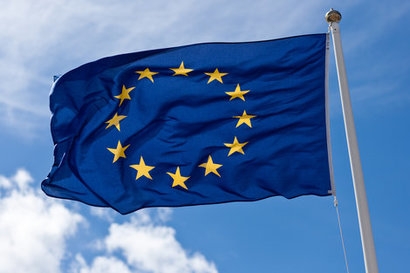
The report, titled “Time to pick up the pace: Insights into the draft National Energy and Climate Plans” highlights key features of 24 draft National Energy and Climate Plans (NECPs), the development of which is required by the Governance Regulation adopted last year and designed to ensure EU member states will collectively achieve the bloc’s climate and energy targets for 2030. The European Commission will issue recommendations in June before the NECPs are finalised by the end of this year.
Amongst the 24 countries covered by the report, Sweden, Portugal, Denmark, the Netherlands, Finland and France aim to reach net-zero emissions by 2045 or 2050 at the latest.
Member states mentioned in the report do not demonstrate high ambition on energy savings and renewable energy, indicating a lack of focus in their actions for the next decade. This is reflected in the insufficient level of their targets, the lack of concrete policies and measures, or the combination of both.
Furthermore, countries like Bulgaria, Romania, Poland and Greece still plan to rely heavily on coal while Italy and Ireland plan to continue to invest in fossil gas all the way until 2030 and beyond, despite the European Commission’s proposal for the EU to achieve net-zero greenhouse gas emissions by 2050 at the latest.
“Our report shows that member states’ overall planned responses to climate change and the proposals to step up the clean energy transition are still slow and underwhelming” said Wendel Trio, Director of Climate Action Network (CAN) Europe. “There is no limitation on member states to design ambitious plans for 2030 that will substantially contribute to the overall EU long-term climate and energy objectives.”
Mr Trio added that EU member states must see the writing on the wall and use the NECPs as a tool to set out clear pathways to transition away from fossil fuels, and scale up the development of energy efficiency and renewable energy in line with the Paris Agreement goals. Lukewarm commitments and actions will not allow the EU to become climate neutral by mid-century.
“The European Commission must make firm recommendations for improvements towards that direction” Mr Trio said.
For additional information:

